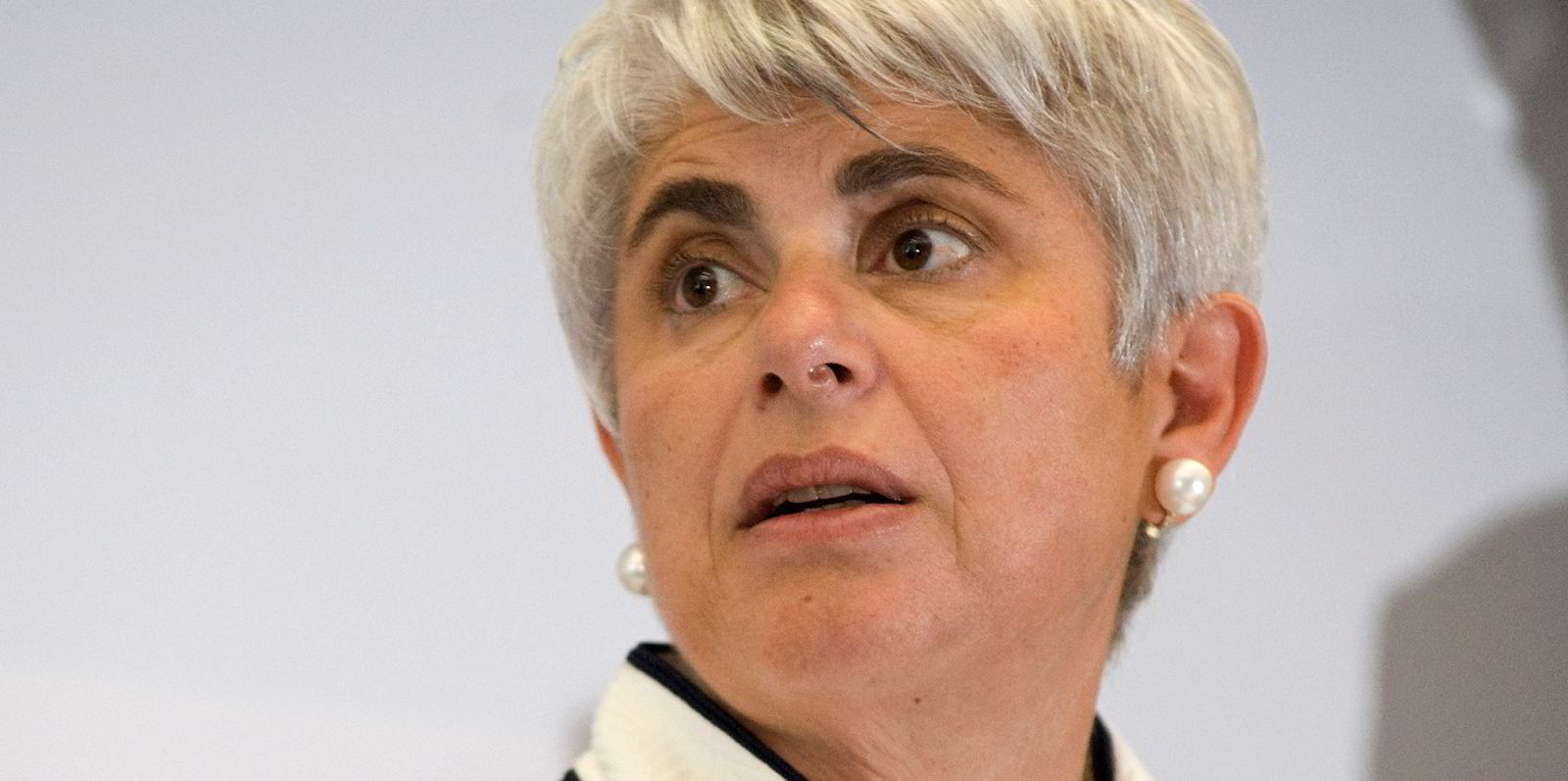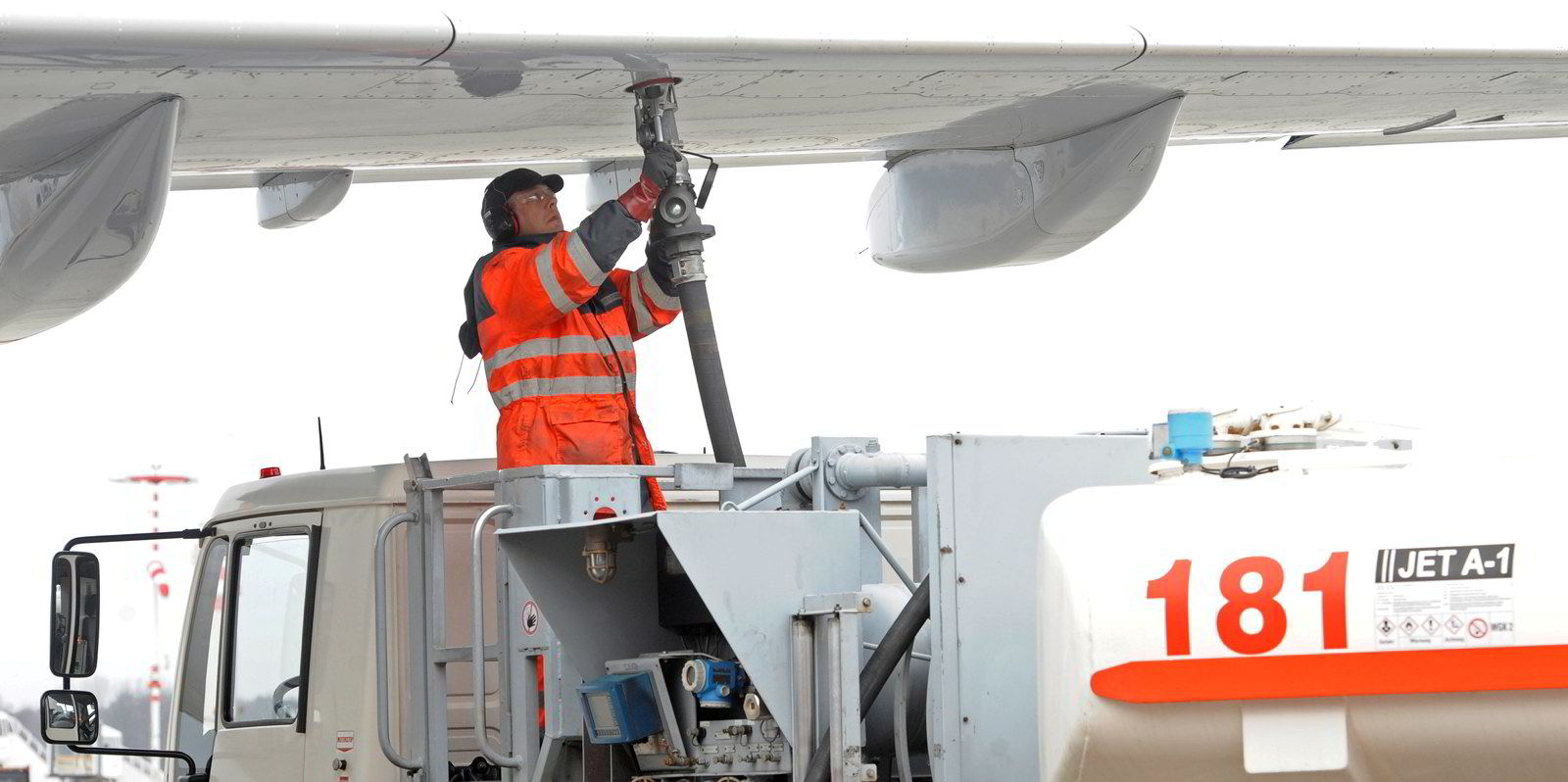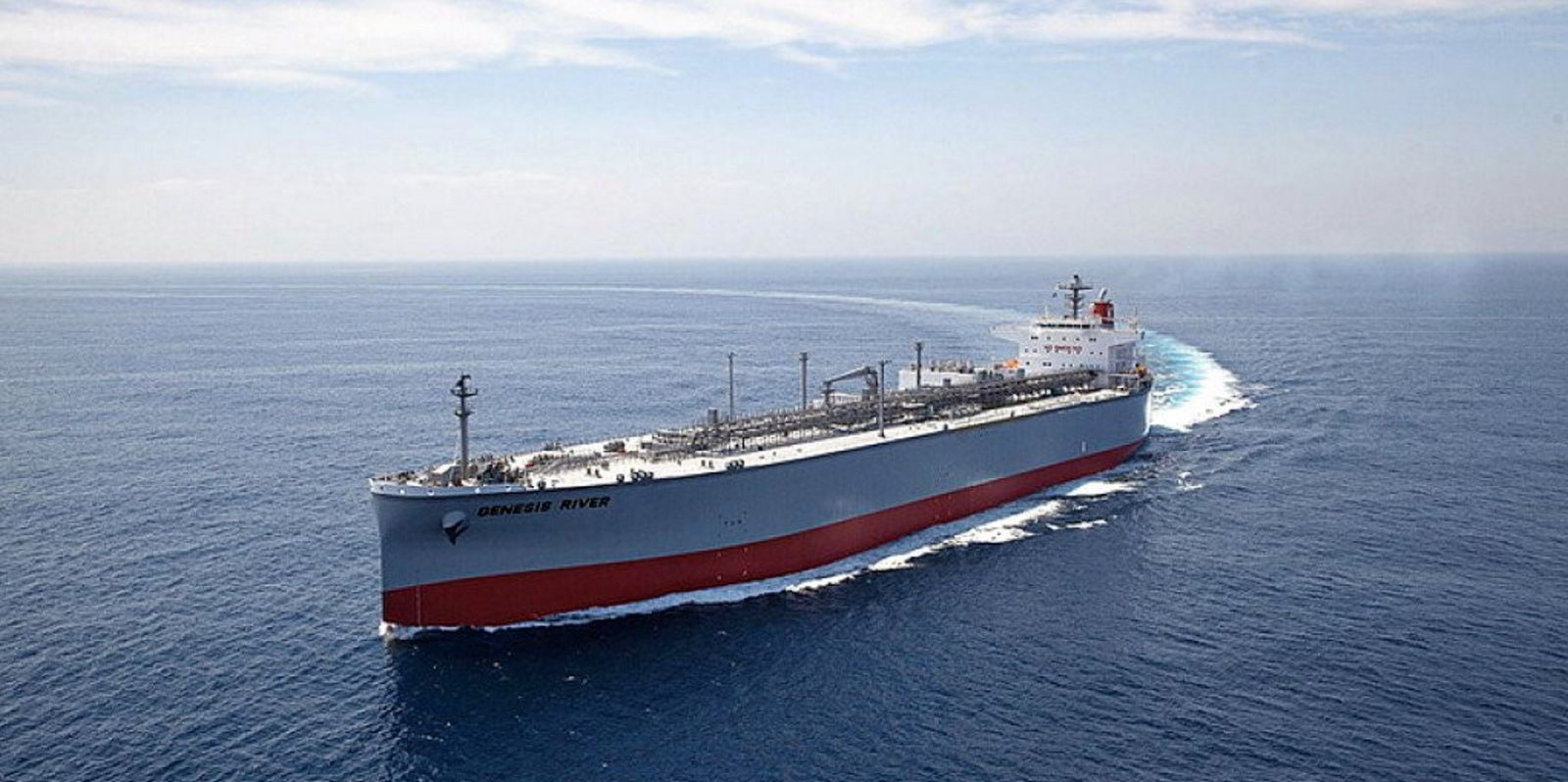Greek VLCC owner Navios Maritime Acquisition has warned of a "substantial doubt" over its ability to continue operations due to a looming bond repayment.
In a US Securities and Exchange Commission filing, Angeliki Frangou's US-listed tanker company said it is still attempting to refinance its 8.125% ship mortgage notes which mature on 15 November.
The shipowner has engaged in talks with the holders.
But it added: "The successful completion of the attempts...including potential refinancing, sales or other action, are dependent on factors outside the company’s control and therefore there is substantial doubt over the company's ability to continue as a going concern."
This goes beyond an update in its first quarter report in May, which said only that "there can be no assurance we will be successful in such attempts".
The company was facing a payment of $602m in November, but the filing reveals that the shipowner has bought back $51.8m of the notes in the second quarter for a cash consideration of $41.3m.
Navios Acquisition has now reacquired $119m of the notes. As of 31 March, the shipowner's assets totalled $125.7m, while current liabilities were $762.6m.
The New York-listed company has been selling vessels to raise cash.
Two VLCCs that were originally held as collateral for the bonds issued in 2013 were sold this year for a combined $48m.
The company booked a net loss of $9.7m for the first three months, around $2.2m more than its deficit in the previous quarter and way down from the $869,000 profit it recorded in the same period last year.
More sales coming?
Analysts believe Navios Acquisition may have to sell more vessels to refinance the bonds.
Fearnley Securities argues most equity value outside the bond is now tied up in a new $100m related-party loan from a private company affiliated to chief executive Frangou.
The investment bank has previously said the shipowner could amass $230m of cash from asset sales and the $100m loan.
"We struggle, however, to see the collateral package supporting a new bond above $210m and thus model a funding gap of at least $150m," the investment bank has said.
Fearnley Securities believes that if the owner sold off all assets except for the ones pledged to the related-party loan, and assuming a new bond of $250m, there would be enough cash to pay 99 cents on the bond.






